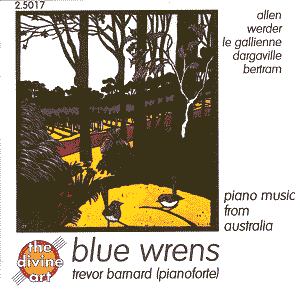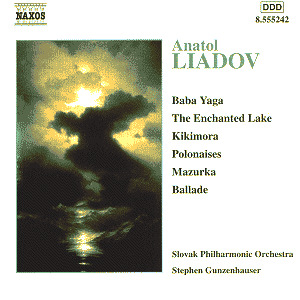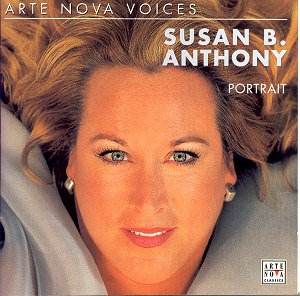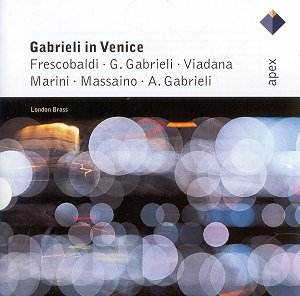 Composer: Geoffrey Allen, Felix Werder, Dorian Le Gallienne, Tim Dargaville, Michael Bertram
Composer: Geoffrey Allen, Felix Werder, Dorian Le Gallienne, Tim Dargaville, Michael Bertram
Works: Three Piano Pieces Op.23 (Allen), Piano Sonata No.4 Op.29 (Allen), Monograph (Werder), Piano Sonata (Le Gallienne), Night Song (Dargaville), Sonatina (Bertram), Five Pieces for Piano (Bertram)
Performers: Trevor Barnard (piano)
Recording: Melba Hall, University of Melbourne, July and December 1999, September and November 2000
Label: Divine Art 2.5017
The collection “Blue Wrens: Piano Music from Australia” presents an intriguing survey of contemporary Australian piano compositions, showcasing a spectrum of voices from the late 20th century. This selection features works by Geoffrey Allen, Felix Werder, Dorian Le Gallienne, Tim Dargaville, and Michael Bertram, all of which reflect a rich musical landscape that intertwines distinct national identities with broader European influences. The choice of repertoire not only highlights the individuality of each composer but also illustrates how these works converse with the tradition of Western classical music.
Trevor Barnard’s performance serves as a linchpin for this compilation, bringing a wealth of interpretive insight and technical prowess to the piano. His nuanced touch and sensitive phrasing shine particularly in Allen’s Three Pieces Op.23, where the influence of John Ireland and Poulenc is palpable. The second movement, “D’alliance française,” is characterized by its light-hearted yet sophisticated interplay, which Barnard navigates with a delightful blend of whimsy and precision. The concluding movement, “Blue Wrens at Amberley,” serves as an homage to Ireland’s “Amberley Wild Brooks,” and Barnard’s ability to evoke its pastoral essence while maintaining clarity in the cascading lines demonstrates his deep understanding of the work’s emotional landscape.
Felix Werder’s “Monograph,” composed specifically for this recording, stands as a particularly compelling piece within the compilation. Its three compact movements unfold a more serious and introspective character, which Barnard interprets with a commendable balance of urgency and reflection. The recording captures the sharp contrasts in Werder’s writing, from the stark, almost austere first movement to the lyrical flow of the second. Here, Barnard’s command of dynamics and tonal color enhances the work’s inherent drama, demonstrating his ability to convey the subtleties of Werder’s musical language.
Dorian Le Gallienne’s Piano Sonata, although incomplete, offers a satisfying journey through its existing movements. Barnard’s treatment of the lively Scherzo is particularly noteworthy; he imbues it with a spirited vitality that is infectious, while the serene “Molto lento” showcases his gift for lyrical interpretation. The engineering quality of the recording is commendable, allowing each nuance to emerge clearly in a warm acoustic space that enhances the piano’s tonal richness.
The early works of Michael Bertram, including the “Sonatina” and “Five Pieces for Piano,” reveal an evolving stylistic approach. Barnard’s performances of these pieces, imbued with an affectionate familiarity, provide insights into Bertram’s early voice, characterized by a playful yet introspective quality. His interpretive decisions, such as the shaping of phrases and the delicate voicing of inner lines, highlight Bertram’s compositional craft and contribute to the overall cohesion of the album.
There exists an undeniable charm in this collection that transcends the notion of “great masterpieces,” as the pieces collectively offer an engaging tapestry of sound that is both accessible and rewarding. Trevor Barnard’s expertise and affinity for these works make this recording not just a mere compilation but a compelling argument for the relevance and beauty of contemporary Australian piano music. This exploration into the works of these composers is indeed an enriching experience, worthy of repeated listening. The album stands as a testament to the vibrant and diverse voices that characterize the Australian classical music scene, inviting audiences to delve deeper into its intriguing repertoire.



